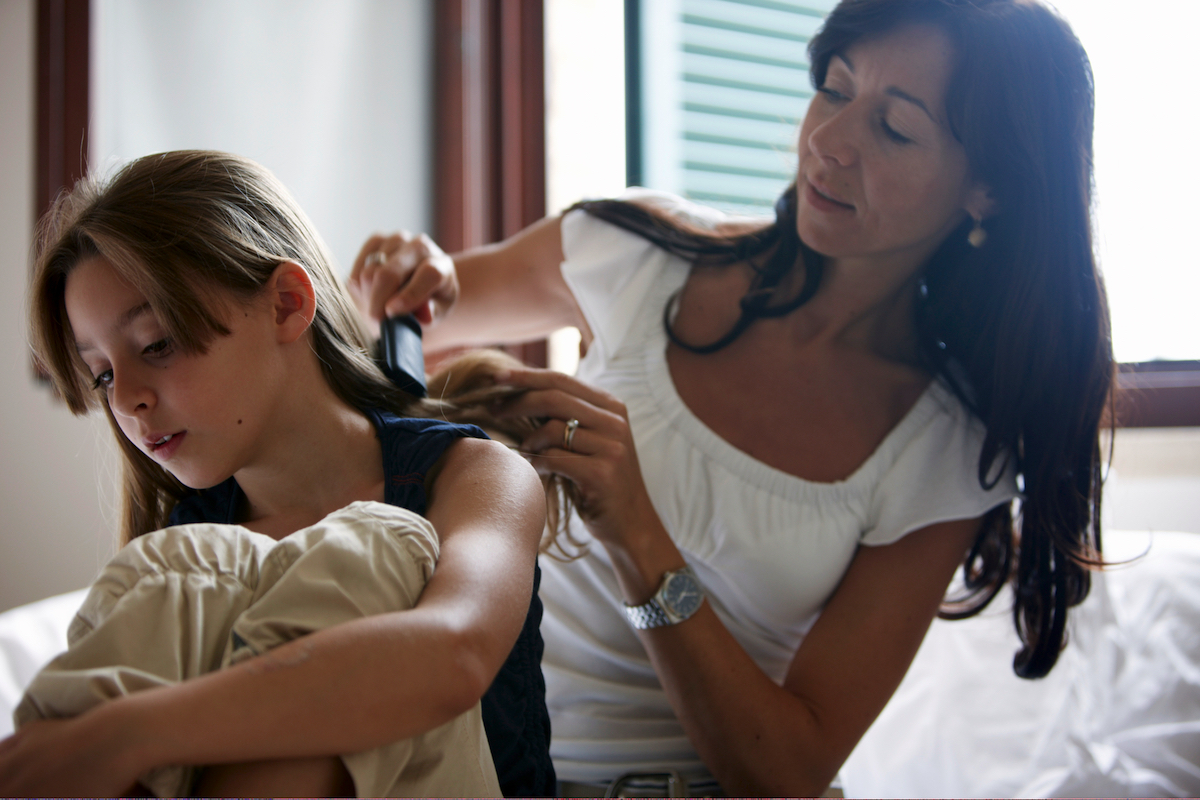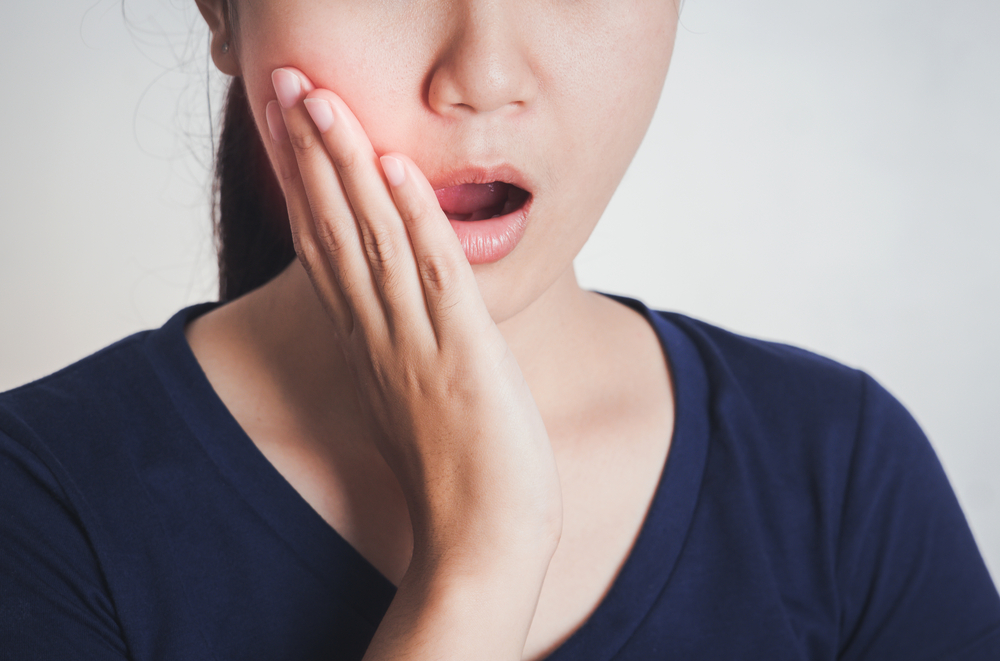Contents:
- Medical Video: Hair Shedding Vs Hair Loss: Am I Losing My Hair, And How Can I Tell?
- Causes of child hair loss
- 1. Tinea capitis
- 2. Alopecia areata
- 3. Trichotillomania
- 4. Telogen effluvium
- 5. Malnutrition
- 6. Endocrine disorders
- 7. Other causes of child hair fall out
Medical Video: Hair Shedding Vs Hair Loss: Am I Losing My Hair, And How Can I Tell?
The problem of hair loss does not only occur in adults. Because, hair loss can also be experienced by children. Hair loss in children is not a trivial problem. If not treated immediately, the child will experience premature baldness. So, what causes child hair to fall out?
Causes of child hair loss
1. Tinea capitis
Tinea capitis or also called ringworm is a fungal infection of the scalp that is often experienced by children. The symptoms of this disease can vary. However, generally the scalp of a person experiencing this condition will feel very itchy. In addition, the scalp looks scaly, red, and sometimes swollen due to scratching too often.
Baldness can also occur in the infected area. Usually on the head that has baldness will appear black dots which are actually broken hair.
The doctor will do a microscopic examination to get the right diagnosis. After that, most doctors will prescribe an antifungal drink, such as griseofulvin which is taken for eight weeks. Your child is also required to use a special antifungal shampoo such as selenium sulfide or ketoconazole to reduce fungal buildup in the head.
Tinea capitis is a contagious disease. That is why, your child is advised not to share any objects with others who touch the head such as hats, pillowcases, hair clippers, or combs.
2. Alopecia areata
Unlike tinea capitis, alopecia areata is a non-contagious hair loss condition. This condition is caused by the immune system that mistakenly attacks the hair follicles. Hair follicles function as growth units in each hair shaft.
Now, if the hair follicle is damaged, this means that there is no hair growing on one hair shaft. As a result, hair loss occurs in certain areas of the head that are usually smooth, circular or oval and pale pink.
This condition can heal on its own and does not recur. However, some children also experience episodes of recovery from recurrence until several times in their lives, and their permanent hair can grow. Whereas if the loss experienced by the child is wide enough, the growth of his hair can not at all occur.
The drugs most often used to treat hair loss are Minoxidil and Finasteride. Minoxidil can be in the form of liquid or soap. Usually this drug is used on the scalp twice a day to help reduce hair loss and help hair grow back. While finasteride is usually taken and only given to men.
Before doing the treatment, consult your doctor first so that your child can get the right diagnosis according to their needs.
3. Trichotillomania
Trichotillomania is hair loss due to habits carried out by children, such as pulling, pulling, twisting, or rubbing their hair. This hair loss is more due to the psychological condition of the child.
Children who suffer from stress and high anxiety are more prone to experiencing trichotillomania. If you see your little one tugging at his hair, just scolding will not help get rid of his habits. However, appropriate counseling and treatment can help children get out of stressful situations and bad habits.
4. Telogen effluvium
Telogen effluvium is hair loss caused by children suffering from severe stress or depression, after surgery, severe injury, use of certain drugs, high fever, severe infections or other diseases, and sudden hormonal changes.
This condition can cause partial baldness or total baldness. Until now, there has been no specific test to diagnose telogen effluvium. Usually, after a child is out of a stressful situation, his hair growth will return to normal and this generally takes around six months to a year or more.
5. Malnutrition
Although rare, hair loss in children can be a symptom of lack of certain nutrients, such as vitamin H (biotin) and zinc. In some cases, hair loss in children can also occur due to consuming too much vitamin A.
Paying attention to nutritional intake and balanced nutrition in daily food consumed by children is an important key to avoiding children from nutritional deficiencies, which ultimately reduces the risk of child hair loss.
6. Endocrine disorders
Another cause of hair loss in children is hypothyroidism, which is a condition in which the thyroid gland is inactive which results in an irregular metabolism. The diagnosis of hypothyroidism can be done with a blood test or routine thyroid gland examination (screening). Your doctor may prescribe certain drugs that function to stimulate the thyroid gland to produce enough hormones.
7. Other causes of child hair fall out
In addition to some of the causes mentioned above, combing too much hair, binding hair too strong, or pulling strands of hair are also known to cause damage to hair. Not binding a child's hair too strong can be one effective way to prevent children's hair from falling out.












